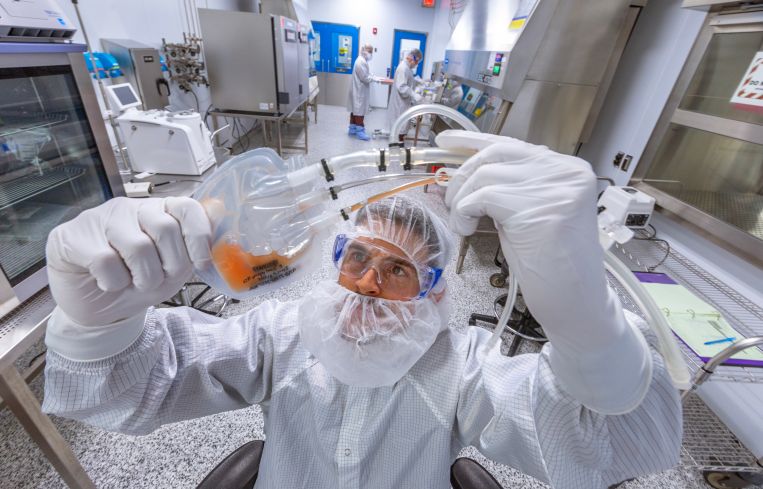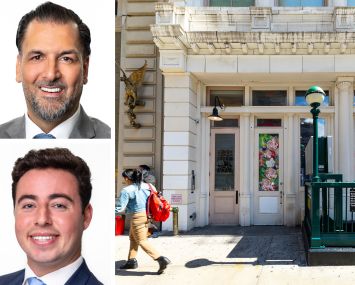One Huge Biotech Deal Propelled the U.S. Industrial Market in Q1
By Greg Cornfield May 3, 2024 5:15 pm
reprints
The U.S. industrial real estate market saw vacancy rates increase in the first quarter this year while overall demand, development and sales normalized from the e-commerce-led bonanza of the previous half-decade.
The nation saw $9.97 billion in industrial investment sales in the first three months of 2024 at an average of $147 per square foot, according to the latest report from real estate data firm CommercialEdge.
The largest sale recorded during the first quarter was Lonza Group’s $1.2 billion acquisition of a biotechnology manufacturing facility in California’s Bay Area.
Although biotech and biomanufacturing are expected to continue to draw demand to the region, the deal closed for an astounding $2,810 per square foot, and CommercialEdge said it significantly skewed the first-quarter results. The Bay Area was the only market that saw more than $1 billion in assets trade hands, the one trade accounted for 12 percent of all national volume in the first quarter, and it alone bumped up the national average price by $17 per square foot.
The Bay Area recorded more than $1.68 billion in industrial sales in the first quarter at $777 per square foot.
Other notable market investment sales:
- Los Angeles County: $545 million at $325 per square foot
- New Jersey: $510 million in sales at $306 per square foot
- Inland Empire: $382 million at $212 per square foot
- Baltimore: $71 million at $122 per square foot
- Orange County: $57 million at $326 per square foot
Average U.S. warehouse rents continued trending upward, with in-place rents averaging $7.85 per square foot in March, which is 7.3 percent higher than one year prior. Miami posted the highest rent growth in the country, up 11.9 percent in the 12-month period, slightly but notably outpacing Southern California markets. Miami also logged the fourth-highest in-place rents in the U.S. at $11.28 per square foot per month.
The Inland Empire saw 11.8 percent rent growth in the same period, Los Angeles saw 11.2 percent growth, and Orange County saw 10.8 percent. The Western U.S. markets also remained the priciest in the country for industrial tenants.
After more than 1 billion square feet was added to the market between 2022 and 2023 alone, the historic levels of new supply continued to push the U.S. vacancy rate up to 5.2 percent at the end of March, up another 20 basis points from February, according to CommericalEdge. In the past year, industrial vacancy rates in the Inland Empire surged from 1.7 percent to 6 percent, following a period of rapid expansion, with over 90 million square feet of new space added since 2020.
“The e-commerce boom that fueled so much of the demand for space has cooled of late,” the report read. “Tenants have been much more hesitant to sign leases in the face of economic uncertainties driven by high inflation and interest rate increases. Occupiers are more focused on controlling costs now than they were in previous years, which has slowed the leasing velocity that pushed vacancies to record lows coming out of the pandemic.”
After the first quarter, the amount of construction underway fell roughly 33 percent compared to a year ago, which CommercialEdge described as a response to normalized demand and the high cost of capital.
“There absolutely has been a rebalancing in our industrial deliveries forecast to account for the slowdown in starts we had in 2023 and into 2024,” Peter Kolaczynski, director at CommercialEdge, said in a statement. “However, we anticipate a rebound in deliveries in the back third of the decade.”
The Inland Empire has seen the construction slowdown the most, as its pipeline plummeted by about 66 percent in 12 months, going from 27.2 million square feet underway last year to 9.2 million square feet this year.
Gregory Cornfield can be reached at gcornfield@commercialobserver.com.


